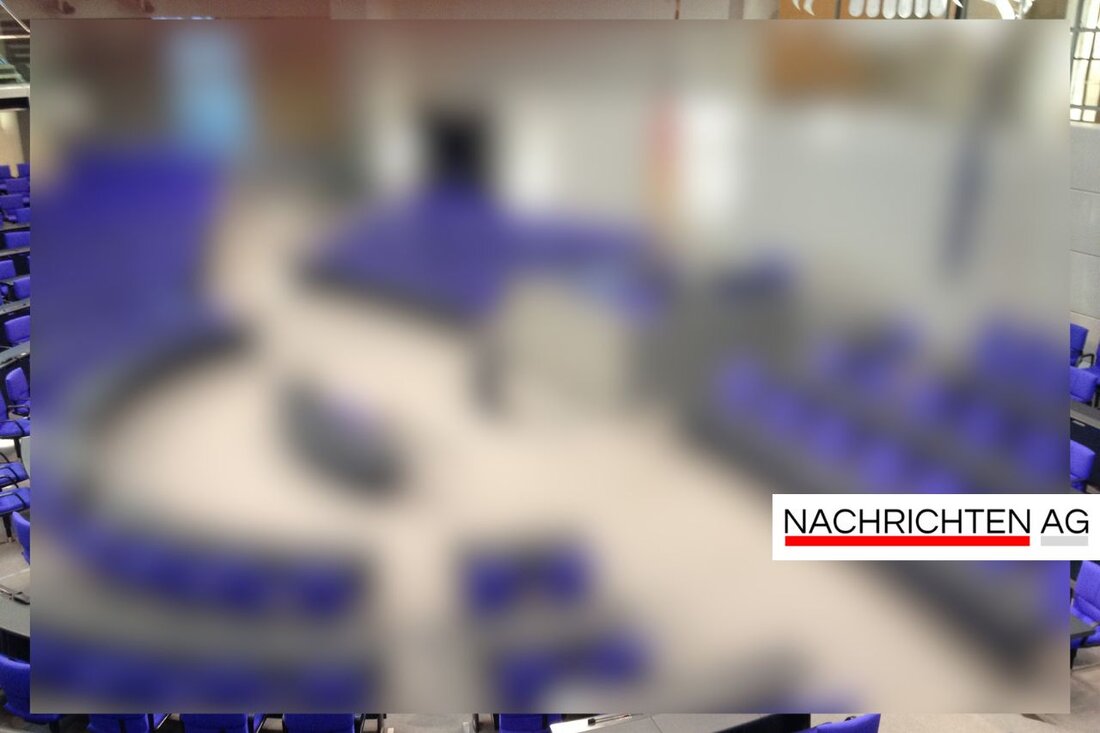Dobrindt blocks AfD ban: reactions and next steps!

Dobrindt blocks AfD ban: reactions and next steps!
Schmalkalden-Meiningen, Deutschland - Federal Minister of the Interior Alexander Dobrindt (CSU) made it clear on June 30, 2025 that he does not see an event or an order after the SPD decided to prepare for an application for a ban on the AfD at its party congress. in Südthüringen reports that Dobrindt said that decisions of the SPD party conference were neither binding for him nor required an active reaction.
The SPD demands that the constitutional organs authorize the application create the prerequisites for an application to determine the unconstitutionality of the AfD. Such a request would have to be submitted by the Federal Government, the Bundestag or the Federal Council at the Federal Constitutional Court. The discussion about a possible ban receives new explosives, especially since the Federal Office for the Protection of the Constitution has classified the AfD nationwide as "secured right -wing extremist". This classification is vehemently contested by the AfD. Deutschlandfunk emphasizes that the parties react differently to the new Situation on both sides of the spectrum.
Dobrindt announced that a federal-state working group should be set up to evaluate the effects of this assessment if it has existed in court. He also expressed concerns that a ban on the party's ban could rather use the party because it would strengthen their victim status. The head of the CSU state group in the Bundestag, Hoffmann, criticized the SPD and called for a collaboration with the Union to solve the problems that the AfD had great.
reactions and the role of the Greens
The reactions from politics are diverse. While the Greens are demanding and criticizing a special interior ministerial conference on the AfD that Vice Chancellor Lars Klingbeil does not put enough pressure on this question, voices from the Union show skepticism about the demand for a ban. According to ZDF sees the first parliamentary managing director of the Union Group, Bilger who has so far insistent for a prohibition procedure.
The classification as a secured right-wing extremist is the result of observations of the protection of the constitution, which, among other things, rely on problematic statements by AfD politicians. Examples such as Dennis Hohloch and Alice Weidel, who both expressed extreme views of migration and "revolution", underline the concerns that exist towards the party. However, this classification could also initiate the discussion about a party ban and change the general perception of the AfD in the political spectrum.
FAZIT
The situation around the AfD remains tense and complicated. Dobrindt rejects a quick procedure and refers to the need for legal clarification. The contradictions between the different political camps are unmistakable and show that dealing with the AfD in Germany continues to be a challenge that has not only legal but also social dimensions. It remains to be seen how the countries and the parties involved will react to the given situation in the coming months and to what extent a ban will actually come to the political agenda.
| Details | |
|---|---|
| Ort | Schmalkalden-Meiningen, Deutschland |
| Quellen | |
